Captive Panel Screws: Essential Components for Secure and Efficient Panel Access
Created at : Aug 5, 2025
Captive panel screws are specialized fasteners designed to remain attached to a panel or enclosure even when loosened. Unlike traditional screws, which can fall out and get lost during maintenance or assembly, captive screws are engineered with retention mechanisms that ensure they stay connected to the panel. This feature makes them an essential component in a variety of industries, including electronics, aerospace, industrial machinery, and military applications.
What Are Captive Panel Screws?
At their core, captive panel screws combine the basic functionality of a standard screw with a retention feature that prevents complete removal from a panel. This unique design is particularly useful in environments where loose screws could cause damage or safety hazards, such as inside electronic devices or moving machinery. By remaining attached to the panel, captive screws reduce the risk of misplaced fasteners and facilitate quick, safe access for maintenance or inspection.
There are different types of captive screws, each tailored to specific applications. Some use a shoulder or retaining ring, others incorporate a spring-loaded mechanism, and some rely on a deformed head or rivet-like design to prevent full disengagement. Regardless of type, all captive screws are designed to enhance operational efficiency, improve safety, and maintain the integrity of the assembly.
How Captive Panel Screws Are Fabricated
The fabrication of captive panel screws involves a combination of precision machining, material selection, and assembly processes. The process begins with selecting the right material, typically steel, stainless steel, brass, or aluminum, depending on the required strength, corrosion resistance, and electrical properties. Plating or coating, such as zinc, nickel, or black oxide, is often applied to enhance durability and corrosion protection.
The screw itself is formed using cold heading for high-volume production or CNC machining for precision applications. The head type—whether Phillips, slotted, hex, or Torx—is then created. The captive feature is added next through methods such as:
- Shoulder or Retaining Ring: A machined shoulder near the head holds a spring or washer in place.
- Threaded Sleeve or Retainer: A sleeve or hole in the panel, combined with a retaining ring, keeps the screw attached.
- Rivet or Deformed Head: Part of the screw or panel is slightly deformed to prevent the screw from falling out.
After machining, some screws undergo heat treatment to increase hardness and strength. The final steps include surface finishing and assembly of any retention components. Some captive screws may even be pre-installed in panels at the factory for convenience.
Applications and Advantages
Captive panel screws are highly versatile and widely used across several industries due to their unique advantages:
- Prevent Loss of Screws: The most obvious benefit is that the screw remains attached to the panel, eliminating the risk of losing screws during maintenance or assembly.
- Ease of Maintenance: Technicians can quickly access internal components without removing screws entirely, streamlining repair and inspection processes.
- Safety: Loose screws inside machinery or electronics can cause operational hazards. Captive screws prevent this risk, enhancing workplace and product safety.
- Panel Retention: Removable panels or covers can remain securely attached while still allowing easy pivoting or sliding access.
- Regulatory Compliance: Certain industries, particularly aerospace and military, require captive fasteners to meet safety and reliability standards.
Because of these advantages, captive screws are common in equipment that requires frequent maintenance or inspection, where operational safety and reliability are critical, and where panel integrity must be maintained under repeated use.
Sourcing Captive Panel Screws in Texas
For manufacturers and industrial operations in the United States, finding a captive panel screw supplier in Texas can offer significant benefits. Texas is strategically located with strong logistics infrastructure, making it a prime hub for domestic distribution. A local supplier can provide faster shipping, lower freight costs, and more responsive customer service compared to overseas sources.
Proximity to your manufacturing facility means shorter lead times and reduced risk of shipping delays. It also allows for better coordination on technical specifications, custom orders, and urgent requirements. Texas suppliers are often willing to accommodate small batch orders or prototypes, which is a considerable advantage for companies that need specialized screws or rapid turnaround.
Additionally, sourcing from a Texas-based company supports domestic manufacturing and simplifies compliance with government or industry-specific regulations that prioritize U.S.-made components. Domestic suppliers also make it easier to verify quality, obtain certifications, and conduct audits, which is crucial for high-reliability applications.
TS Fasteners: A Standout Supplier
Among the many captive screw suppliers in Texas, TS Fasteners stands out for its combination of product quality, customization capabilities, and strategic geographic advantage. Located in the heart of Texas, TS Fasteners is ideally positioned to serve manufacturers across the United States with fast, reliable shipping and attentive customer service.
TS Fasteners specializes in a wide range of captive panel screws suitable for electronics, industrial machinery, aerospace, and military applications. They provide both standard and custom solutions, accommodating specific material, size, and retention requirements. Their experience in delivering high-quality fasteners ensures that customers receive screws that meet stringent standards for strength, reliability, and corrosion resistance.
The Texas location of TS Fasteners offers a significant logistical advantage. Whether you need next-day delivery to a nearby facility or bulk shipments across the country, their central U.S. location reduces transit times and shipping costs. This geographic advantage, combined with their technical expertise and extensive inventory, makes TS Fasteners a preferred partner for companies looking for captive panel screws.
Conclusion
Captive panel screws are more than just fasteners—they are vital components that enhance safety, efficiency, and reliability in assemblies that require frequent access or maintenance. From their careful material selection and precision fabrication to their versatile applications across multiple industries, captive screws offer clear operational advantages.
For manufacturers in the United States, sourcing these screws from a Texas-based supplier like TS Fasteners provides additional benefits, including reduced shipping times, lower costs, customization options, and strong domestic support. By choosing a supplier with both technical expertise and strategic geographic positioning, companies can ensure a reliable supply of high-quality captive panel screws for their critical applications.
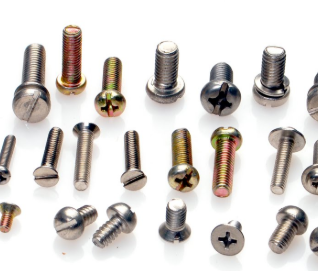 SCREWS
SCREWS
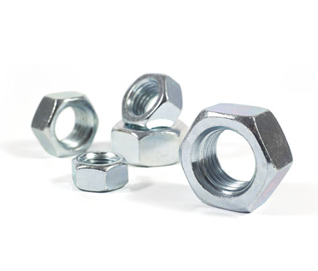 NUTS
NUTS
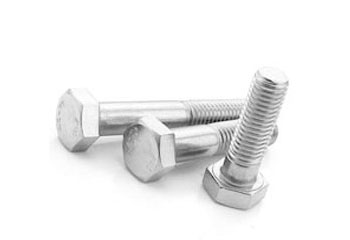 BOLTS
BOLTS
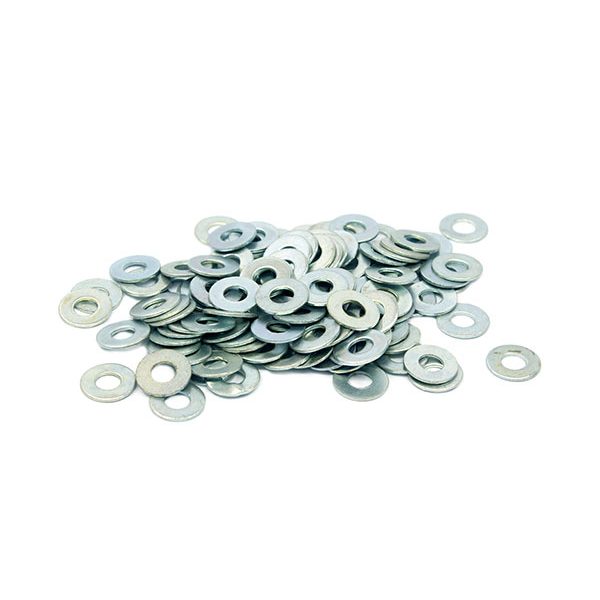 WASHERS
WASHERS
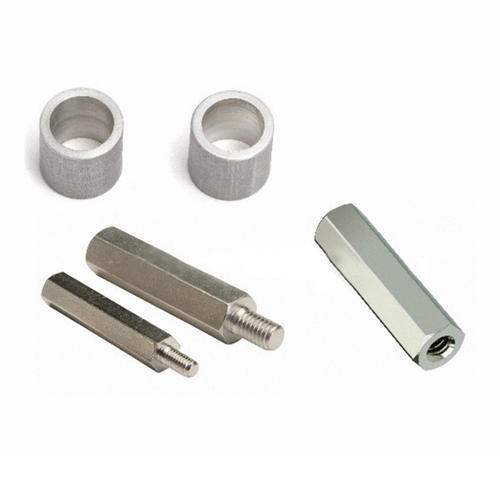 SPACERS & STANDOFFS
SPACERS & STANDOFFS
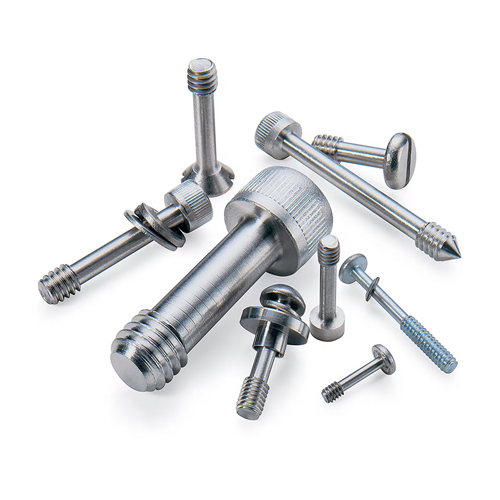 PRECISION/CUSTOM PARTS
PRECISION/CUSTOM PARTS
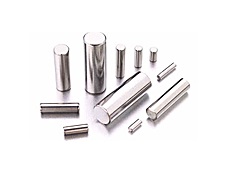 PINS
PINS
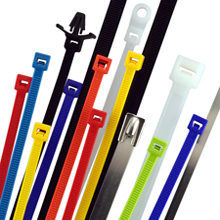 WIRE HANDLING
WIRE HANDLING
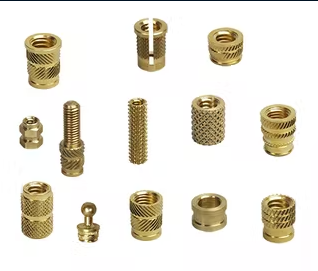 INSERTS
INSERTS
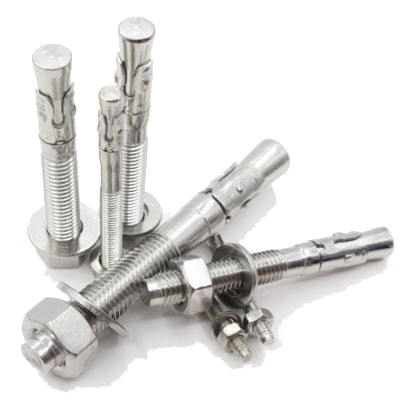 ANCHORS
ANCHORS
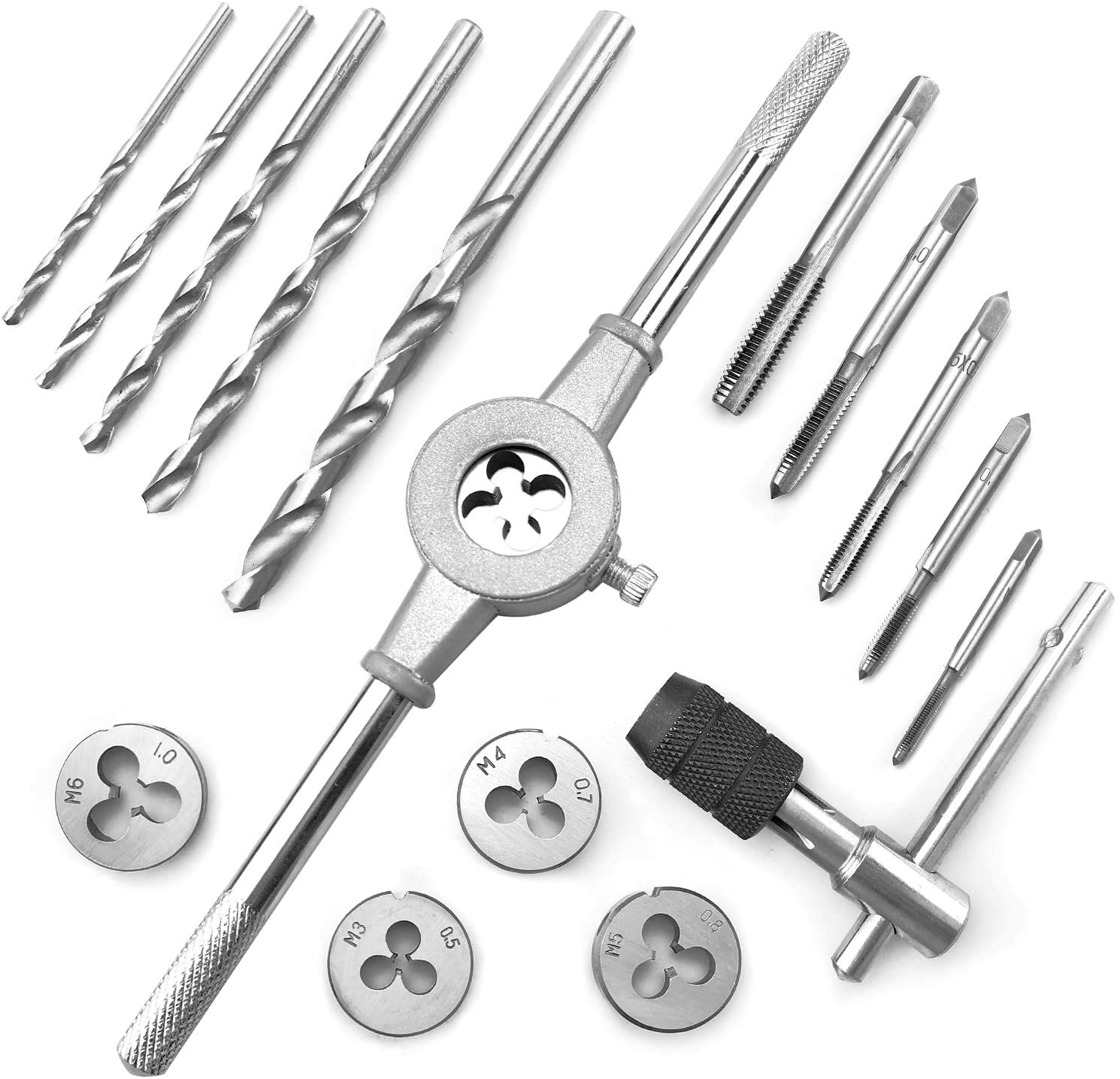 DRILL BITS, TAPS, & DIES
DRILL BITS, TAPS, & DIES
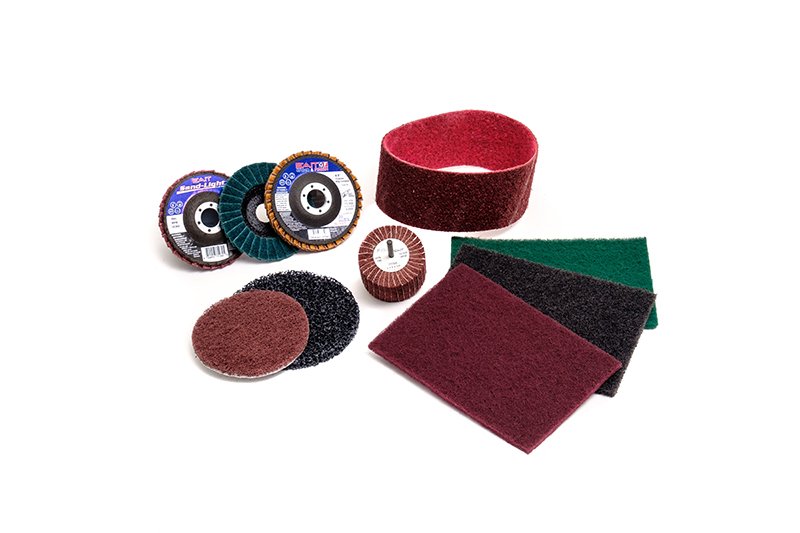 ABRASIVES & SAWBLADES
ABRASIVES & SAWBLADES
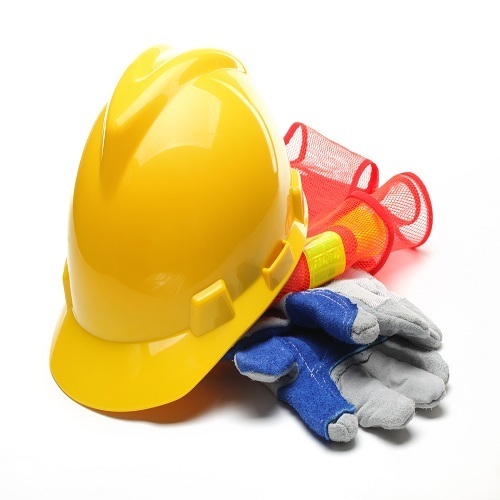 SAFETY EQUIP.
SAFETY EQUIP.
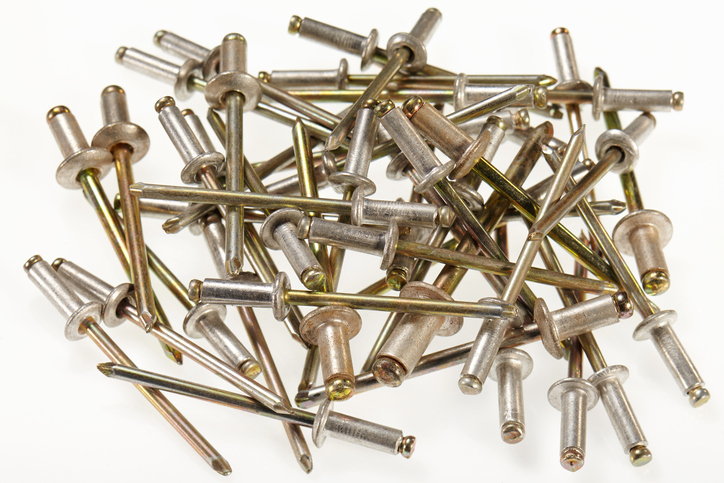 MISC.
MISC.
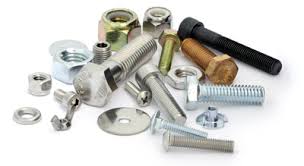 MATERIAL TYPES
MATERIAL TYPES
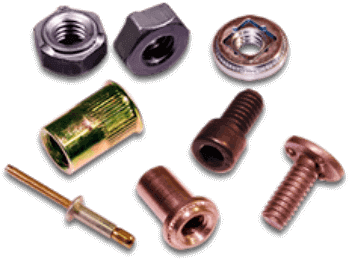 PLATING TYPES
PLATING TYPES